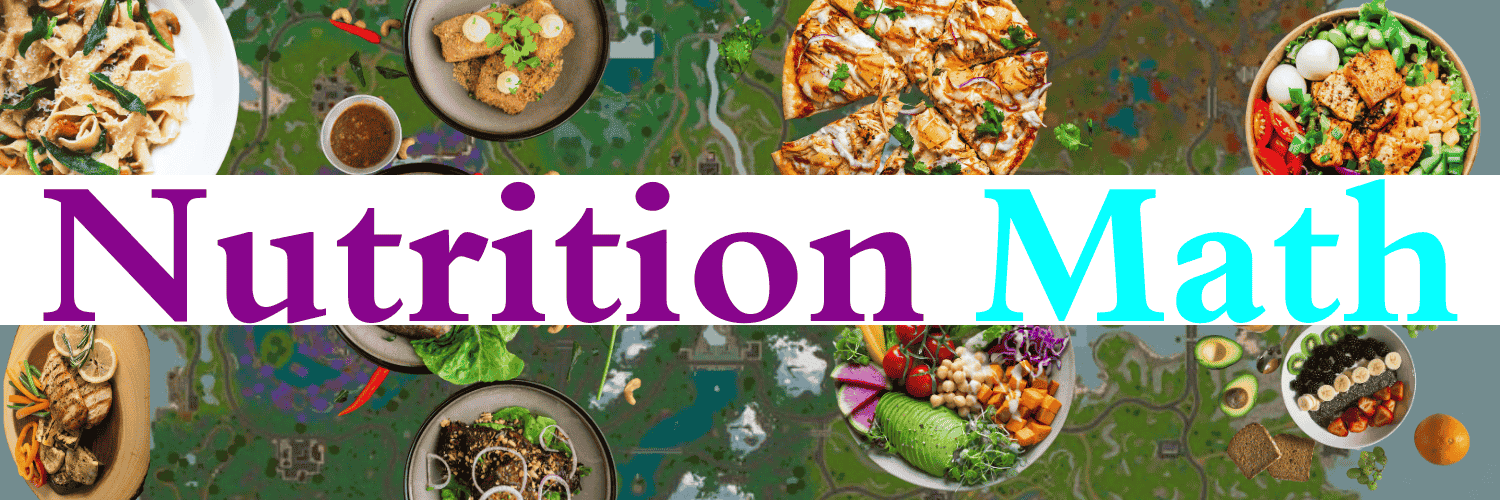Imagine this: It’s a warm evening in Santorini, and you’re gathered around a rustic table with friends, the air filled with laughter and the scent of olive oil-drenched tomatoes. This isn’t just a meal—it’s the Mediterranean diet, a lifestyle that’s been quietly revolutionizing health for centuries. Ready to unlock its secrets?
A Love Letter to Mediterranean Living
Last summer, I sat at a seaside taverna in Crete, watching a grandmother plate a feast of grilled fish and fresh greens for her family. That moment stuck with me—not just for the flavors, but for the joy in her eyes. The Mediterranean diet, born from the sun-soaked lands of Greece, Italy, and Spain, isn’t just food—it’s a celebration of life. Backed by science and loved for its simplicity, it’s no wonder this way of eating tops charts for health benefits and pure deliciousness. Let’s explore how it can transform your days, too.
What’s the Mediterranean Diet, Really?
Forget restrictive diets that leave you hungry and miserable. The Mediterranean diet is about abundance—piling your plate with colorful veggies, savoring olive oil like it’s liquid gold, and treating food as a daily delight.
Picture this: a diet where fresh tomatoes, nutty chickpeas, and fragrant rosemary take center stage, while red meat plays a cameo role. It’s rooted in the eating habits of mid-20th-century Mediterranean villages, where heart disease was rare, and people lived long, vibrant lives. “It’s not about cutting out—it’s about crowding in the good stuff,” says Dr. Walter Willett of Harvard’s School of Public Health. Ready to give it a try?
How to Start Your Mediterranean Adventure
No need to overhaul your kitchen overnight. Here’s how to ease into this delicious lifestyle:
- Go Plant-Crazy: Fill half your plate with goodies like roasted peppers, kale, or lentils—think rainbow colors!
- Olive Oil is Your BFF: Cook, drizzle, dip—extra virgin olive oil is the heart of this diet.
- Fish Fridays (and Tuesdays): Grill salmon or sardines twice a week for a dose of omega-3s.
- Ditch the Steak: Swap red meat for chicken or a veggie-packed stew.
- Dairy, but Make it Light: Spoon some Greek yogurt or crumble feta—small portions, big flavor.
- Sip Smart: Water’s your go-to, but a glass of red wine with dinner? Yes, please (if that’s your thing).
- Move It: Walk, dance, garden—activity pairs perfectly with this lifestyle.
- Eat Together: Turn meals into mini-events with family or friends.
My first step? I swapped my morning cereal for whole-grain toast with avocado and a drizzle of olive oil. Ten minutes, zero stress, and I felt like I’d vacationed in Italy. What’s your first move?
Why It Works: The Science of Feeling Great
This isn’t just a tasty trend—it’s a goldmine of health benefits, proven by science and loved by millions.
Researchers can’t stop raving about this diet. A landmark study in the New England Journal of Medicine found it slashes heart disease risk by 30%. Here’s the full scoop:
- Heart Hero: Lowers bad cholesterol and keeps arteries happy.
- Live Longer: Linked to longer lifespans in places like Sardinia.
- Brain Boost: Fights off Alzheimer’s with antioxidants galore.
- Diabetes Defender: Balances blood sugar like a pro.
- Waistline Friend: Keeps you full and fit without starvation.
- Inflammation Fighter: Tames chronic inflammation with every bite.
| Benefit | Star Ingredients | Real Results |
|---|---|---|
| Heart Health | Olive oil, fish | Cuts heart attack risk |
| Brain Power | Walnuts, spinach | Sharper memory |
| Weight Control | Whole grains, beans | Effortless balance |
It’s More Than Food
The Mediterranean magic isn’t just in the ingredients—it’s in the *vibes*. Here’s what makes it a lifestyle:
- Savor the Moment: Eat slowly, taste every bite—ditch the rush.
- Table Talk: Meals with loved ones boost your mood and soul.
- Keep It Chill: Enjoy a little wine or dessert—no guilt, just balance.
Last week, I hosted a Mediterranean night—grilled veggies, homemade hummus, and good company. We lingered for hours, and I realized: this is what living well feels like.
Your Mediterranean Menu Starter Kit
Let’s get cooking! Here are some no-fuss ideas to kick things off:
- Breakfast: Greek yogurt with honey, almonds, and a handful of berries.
- Lunch: Quinoa bowl with feta, olives, tomatoes, and a lemony dressing.
- Dinner: Baked mackerel with garlic, served with roasted eggplant.
- Snack: Hummus with carrot sticks or a few pistachios.
Craving more? Check out EatingWell’s Mediterranean recipes for endless inspiration.
Your Questions, Answered
FAQ: Mediterranean Diet 101
- Is it expensive? Nope! Staples like beans and veggies are budget-friendly.
- Can I eat carbs? Yes—whole grains like barley or brown rice are stars here.
- What about dessert? Absolutely—try fruit with a drizzle of honey.
Make It Yours Today
The Mediterranean diet isn’t a fad—it’s a forever kind of love affair with food and life. Whether you’re after a healthier heart, a sharper mind, or just better dinners, this is your ticket. Hit the farmer’s market, fire up the stove, and taste the difference.




